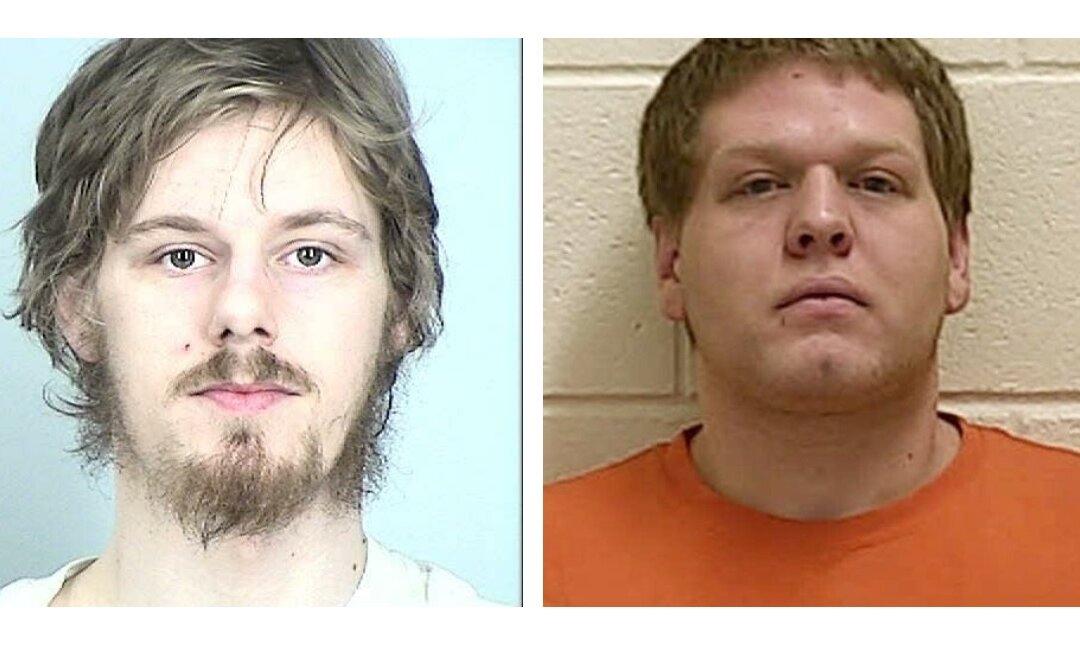ST. PAUL, Minn.—Two Illinois men who helped bomb a Minnesota mosque in 2017 on Tuesday received prison sentences far below the 35-year mandatory minimum that they had faced, after victims and prosecutors asked for leniency because the men cooperated and testified against the mastermind of the attack.
Michael McWhorter, 33, was sentenced to just under 16 years in prison and Joe Morris, 26, was sentenced to about 14 years. Both testified in the 2020 trial against Emily Claire Hari, the leader of a small Illinois militia group called the “White Rabbits.”





